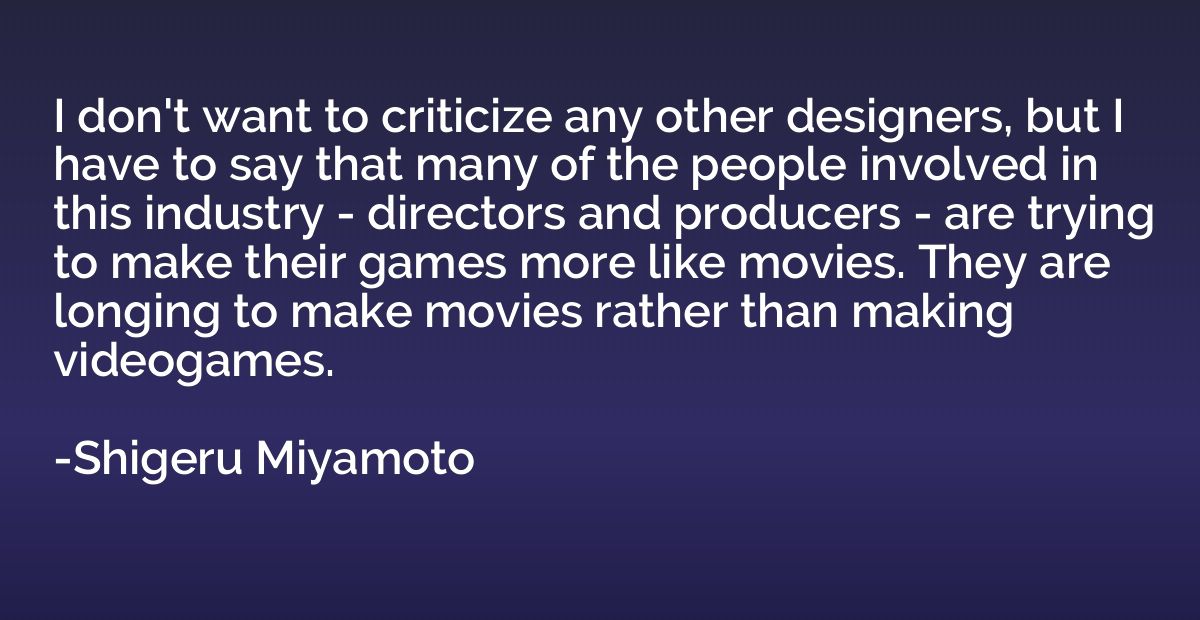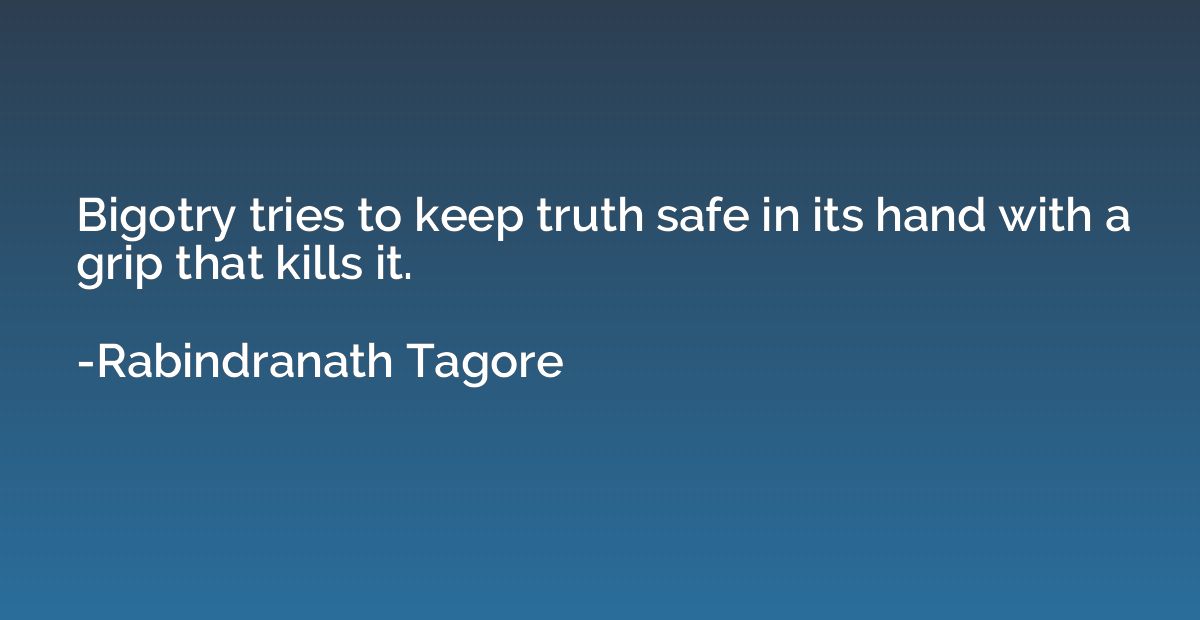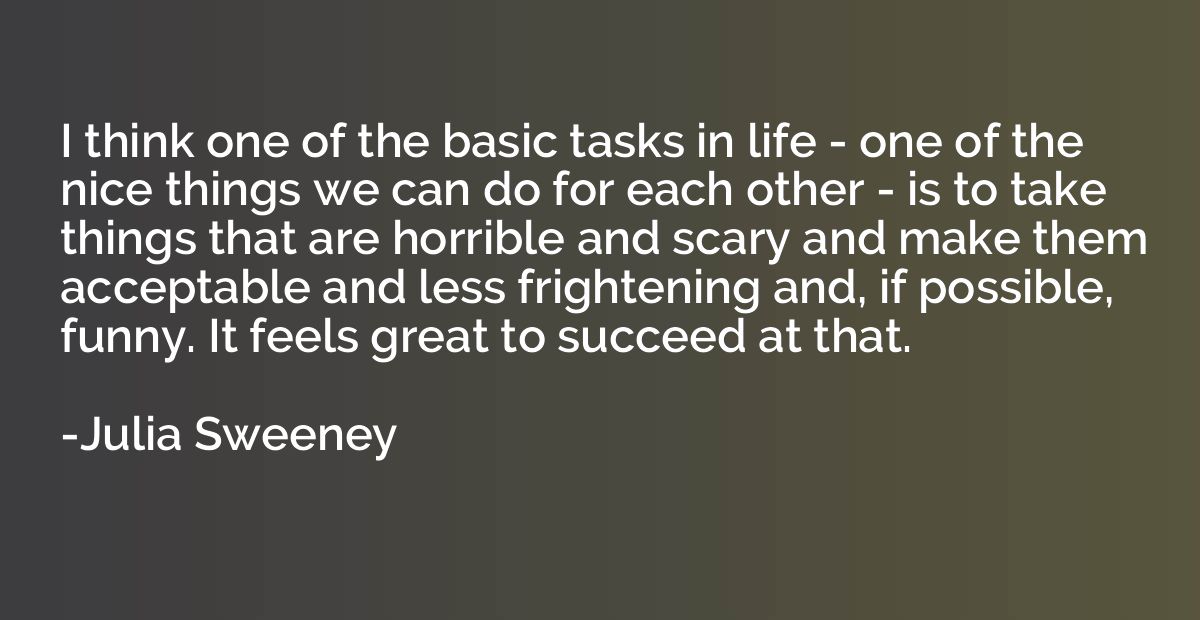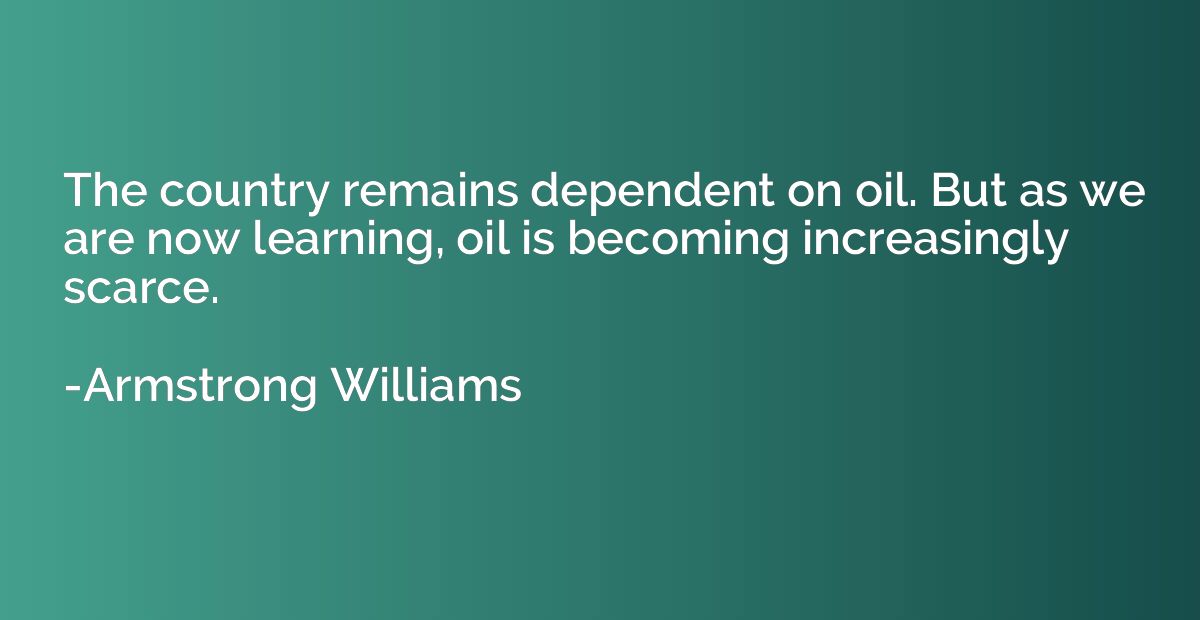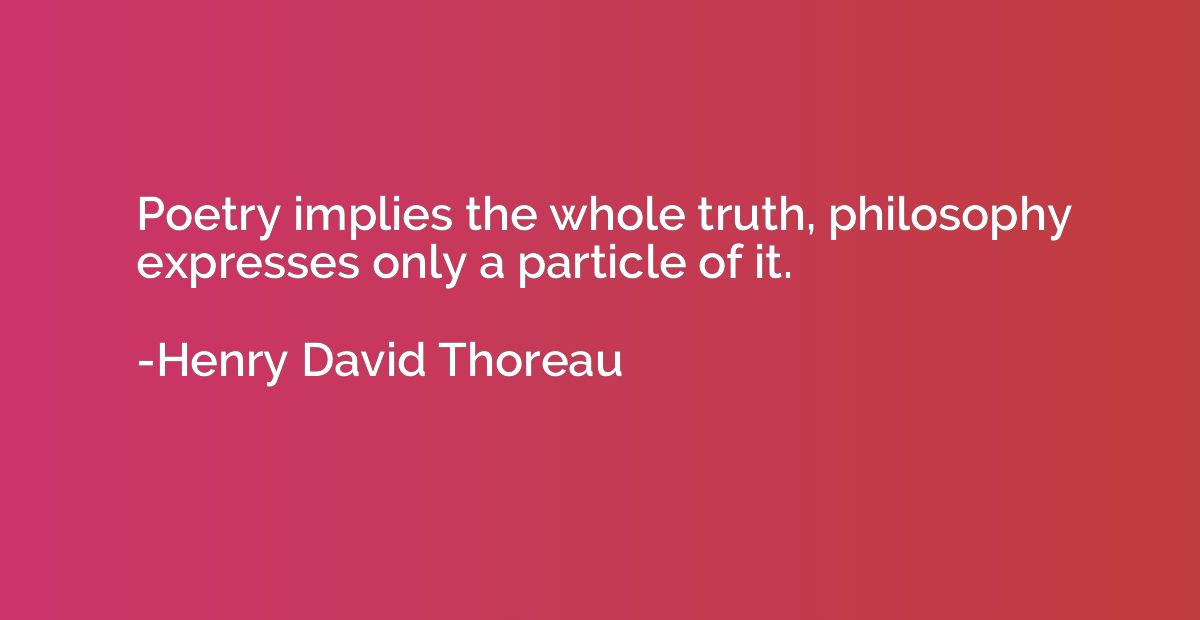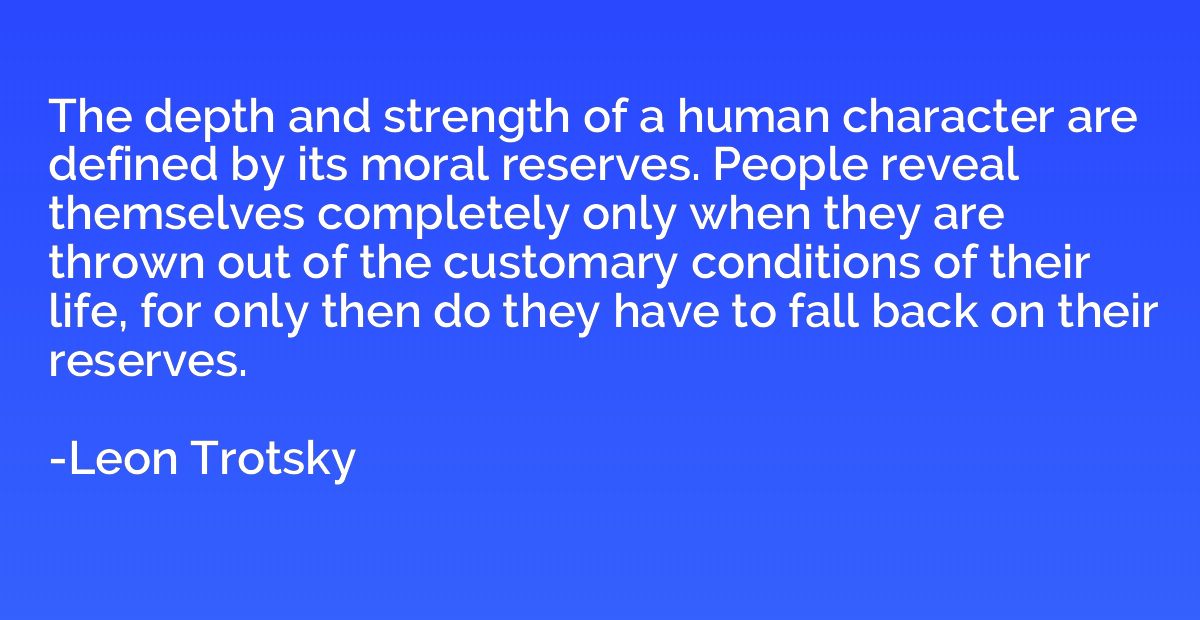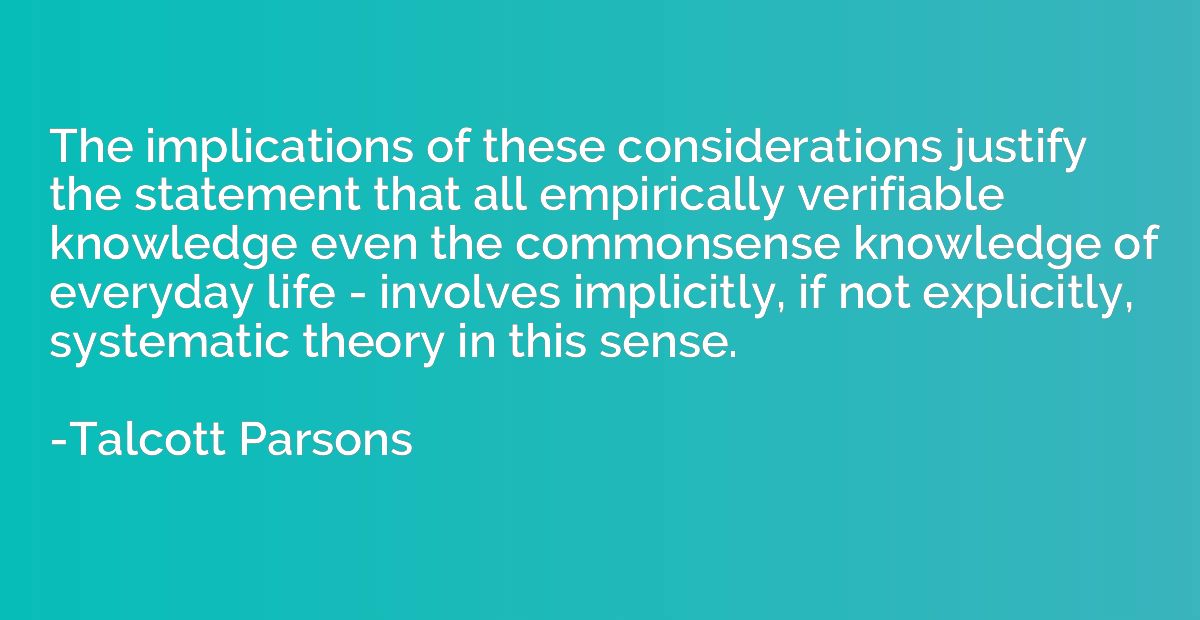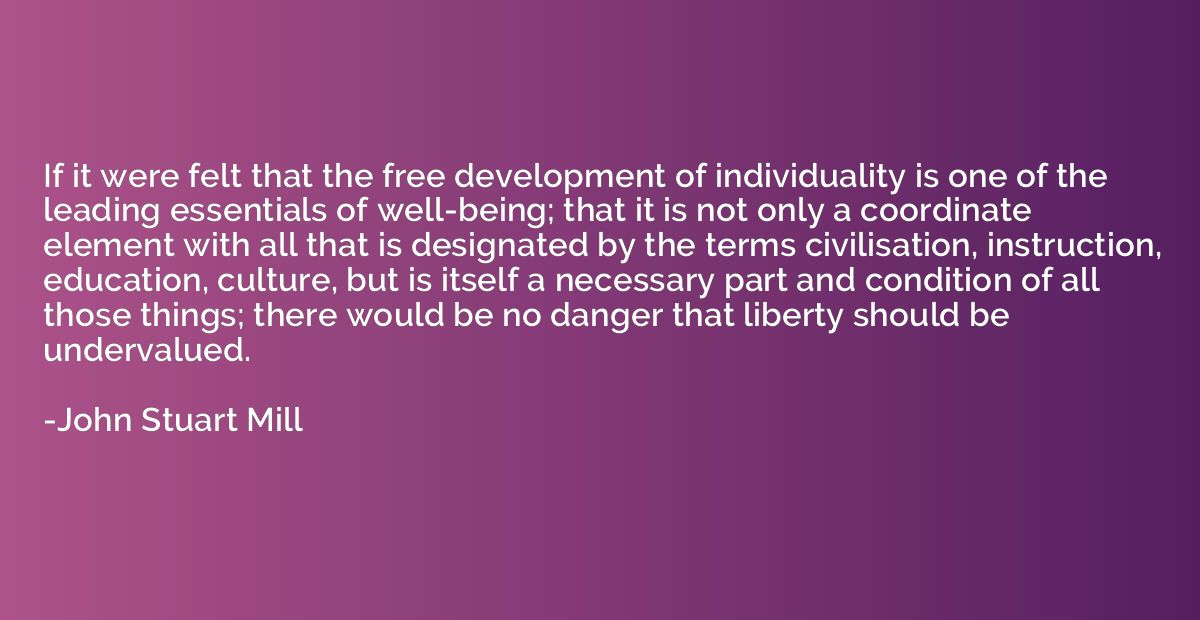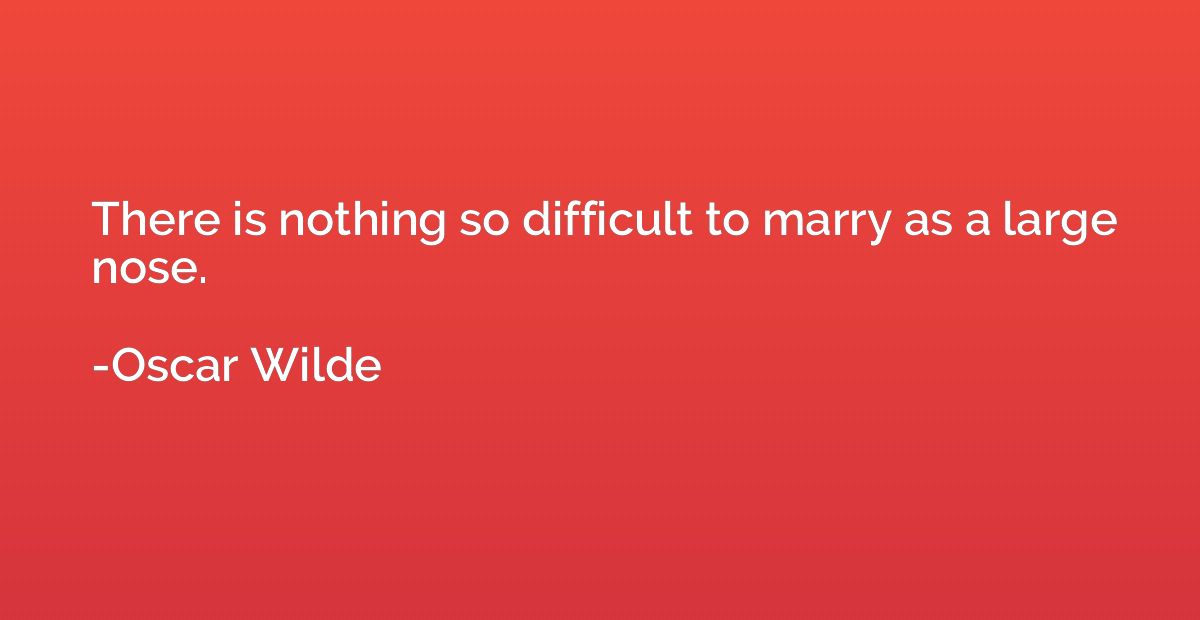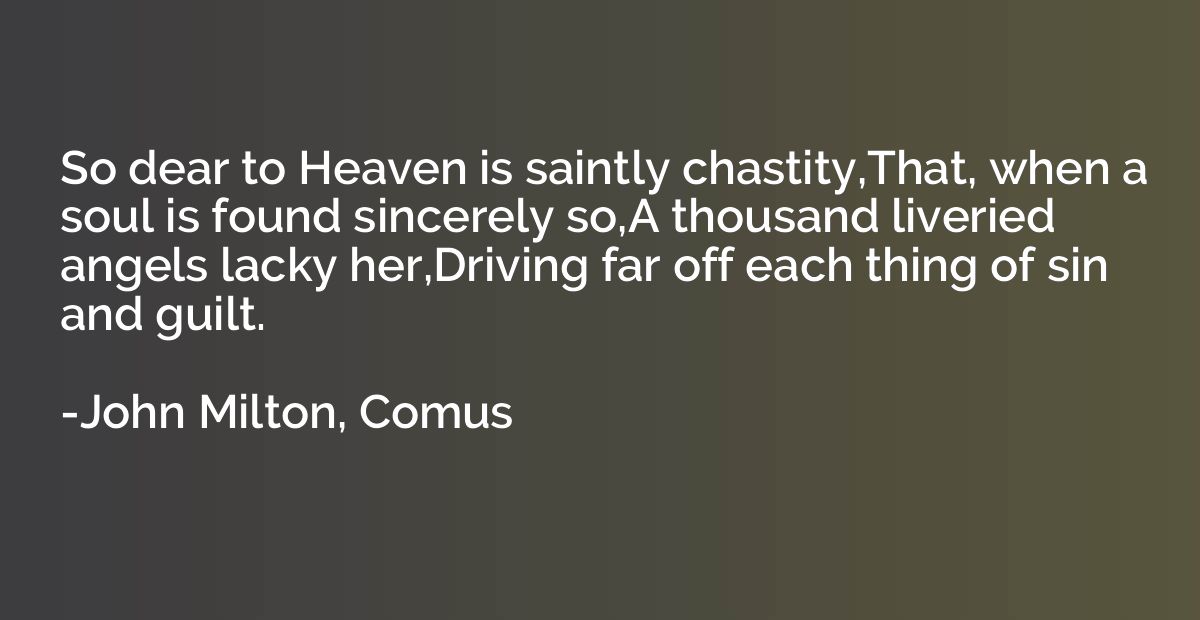Quote by Bernard Devoto
One may lack words to express the impact of beauty but no one who has felt it remains untouched. It is renewal, enlargement, intensification. The parks preserve it permanently in the inheritance of the American citizens.
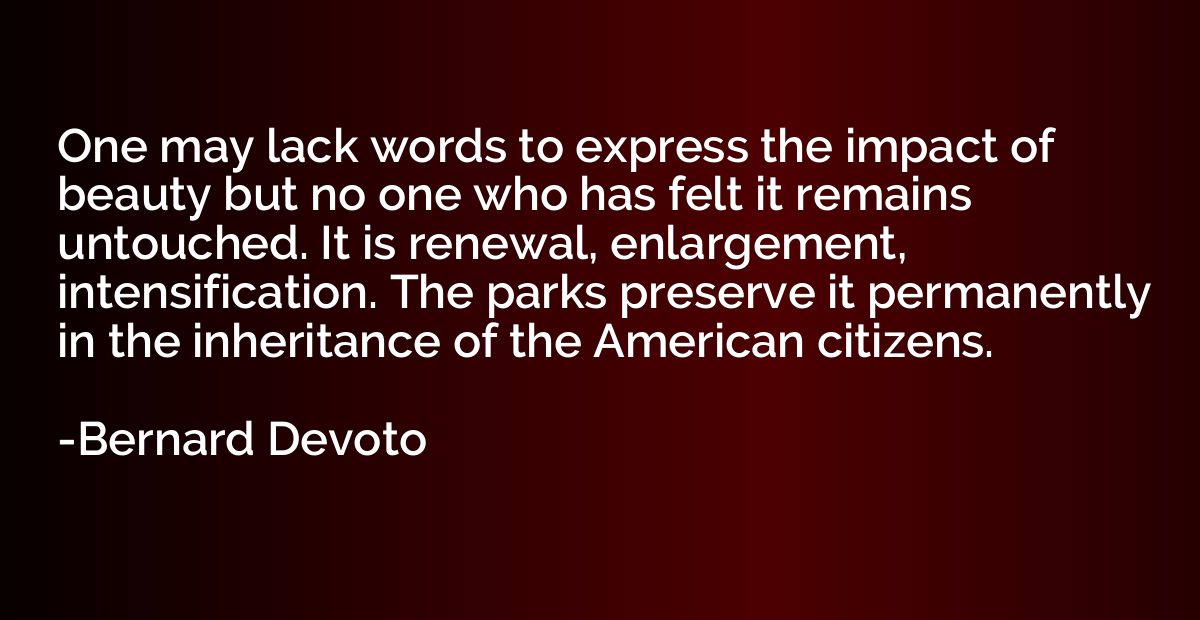
Summary
This quote emphasizes the indescribable power of beauty and how it affects every person who experiences it. It suggests that although it may be difficult to put into words, the impact of beauty is undeniable and transformative. The mention of parks implies that these natural spaces play a crucial role in preserving and providing access to beauty, ensuring that it becomes part of the cultural legacy of the American people.



